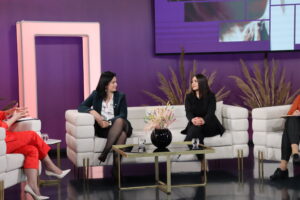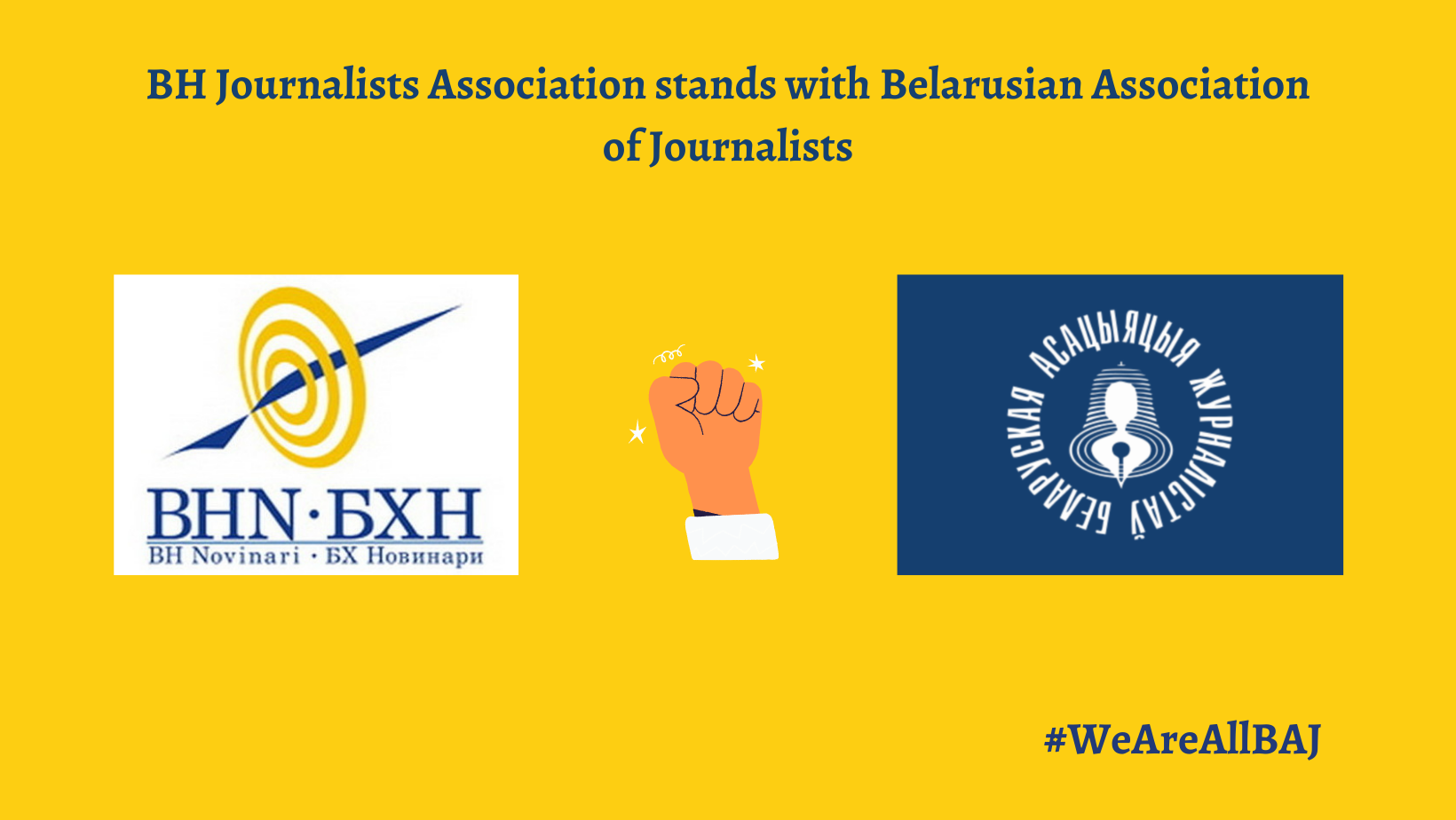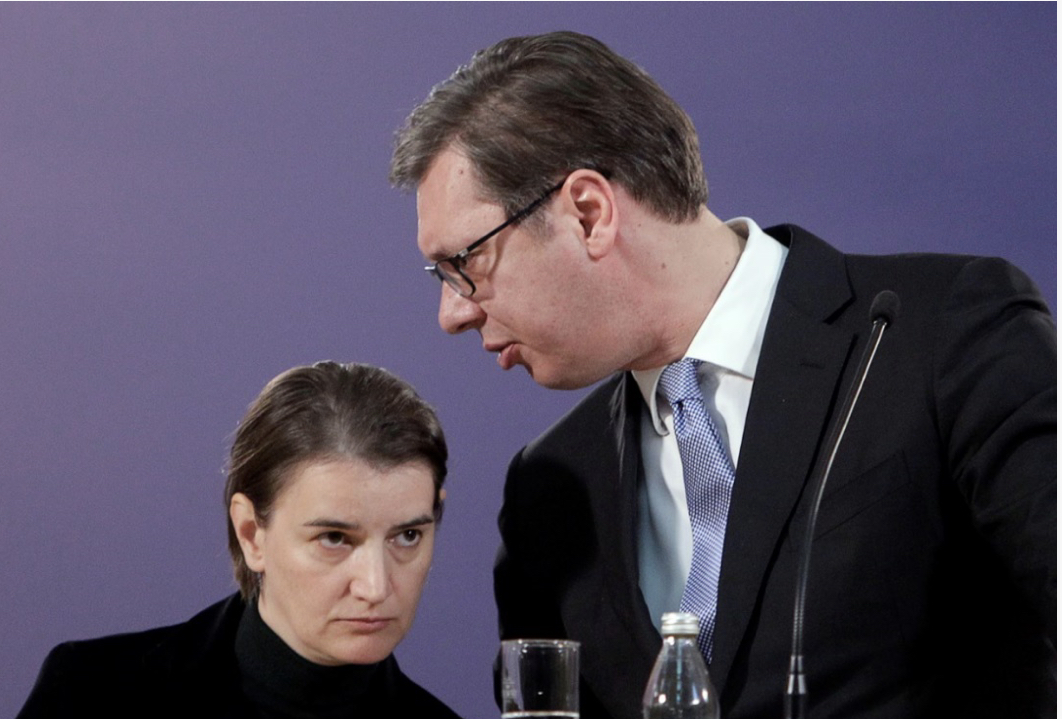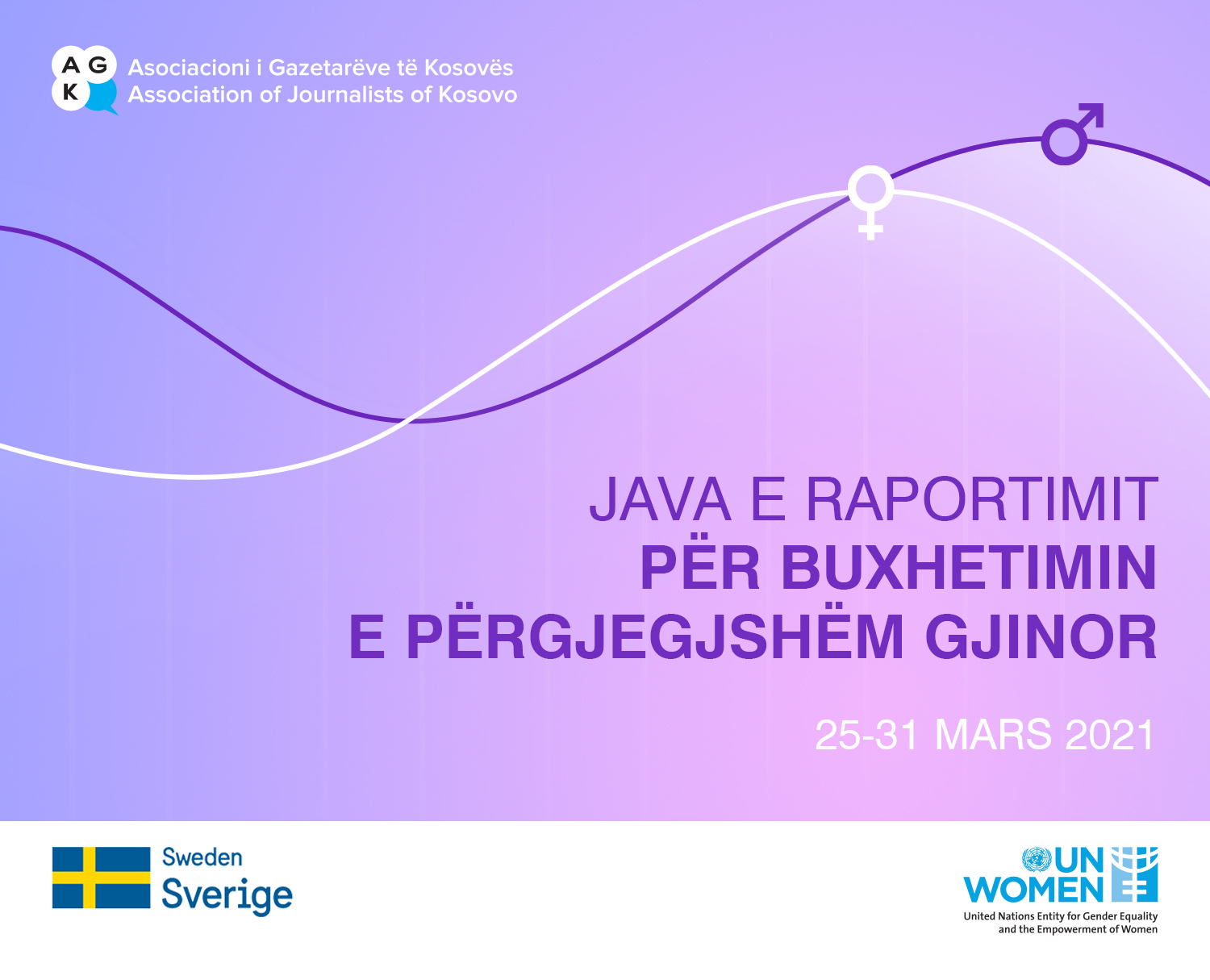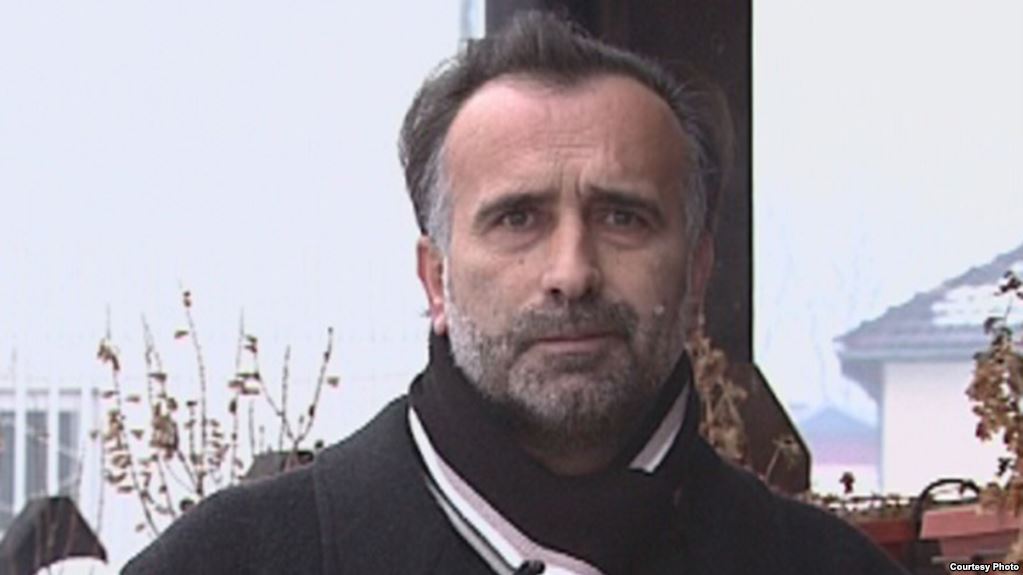The city of Karlskoga in Sweden, in 2012 found that women crash on unpaved roads after snowfall more than men.
Karlskoga, as a place characterized by more intense snowfall, first cleared car transport routes and then sidewalks and pedestrian areas.At first glance, this does not sound like a gender-related issue. Pedestrians generally crash in snow and ice.
The data showed a gender imbalance in accidents and the answer to why this happened was simple.Swedish women tended to go from one place to another on foot and cycling while men used personal cars.The largest number of women suffering from accidents came from the fact that sidewalks were cleaned later than the main transportation routes.
Thus, the municipality decided to start cleaning the sidewalks first, before continuing with the other parts of the road.It was found that a snowy road was more dangerous for pedestrians than for vehicle drivers.
This gender perspective of doing public policy in the service of citizens is called gender mainstreaming in public policy.When public policies are designed taking into account the needs of men and women, the budget is also planned taking into account the data resulting from the gender analysis of the situation.
This is called Gender Responsive Budgeting.
The concept is complex for the sole reason that it is often misunderstood. Gender Responsive Budgeting,“is a strategy that includes gender inequalities in society. This strategy calls for the integration of a gender perspective through a budget circular; in planning, implementing, monitoring and evaluating public spending”.
GRB, as it is known by its acronym, strives to achieve gender equality by integrating gender analysis into how public money is spent.All this is aimed at creating a more equal society.
Law on Gender Equality in Kosovo, specifically Article 5, paragraph 1.5, defines as necessary the implementation of Gender Responsive Budgeting in all areas“as a necessary tool to guarantee that theprinciple of gender equality is respected in collecting, distribution and allocation of resources”.
It turns out that women and men and girls and boys have different needs and the state has an obligation to address them.
“Only by recognizing these needs, based on gender analysis, can the government effectively plan and address them.It should be noted that Gender Responsive Budgeting does not necessarily require a specific budget line or additional funding, but only better planning and spending of existing funding in order to meet everyone’s needs”,says Nicole Farnsworth, program director and researcher at the Kosovo Women’s Network.
Developed democracies integrate gender analysis in public policy and budget planning and Sweden is a leader in this field.On the other hand, although required by law, the implementation of this strategy in Kosovo has anunclear picture.
According to Edi Gusia, head of the Agency for Gender Equality, there is Gender Responsive Budgeting in Kosovo, but this often happens unknowingly by public officials.
“Gender Responsive Budgeting in Kosovo happens in a fragmented way; it does not happen as a unified process from beginning to the end and this has its reasons. She states that”Although the legal framework requires and obliges it, the practice of planning and implementing GRB is a fairly advanced process and Kosovo on a daily basis learns and implements GRB directly, but it happens,”.
These strategies that are an instrument of achieving an equal society from a legal perspective and the needs of men and women vary, according to gender equality expert Donjeta Morina.
“Policymakers should in principle recognize the fact that while men and women are equal, due to social and economic differences, they have special and often different needs, priorities, and interests.They should consider these specific needs and priorities at each step of drafting, implementing, monitoring, and evaluating municipal and central budgets”.
Every segment of public life that comes to mind can be planned in terms of budgeting by calculating Gender Responsive Budgeting.
“”Gender Responsive Budgeting can be implemented anywhere,” says sociologist and researcher Farnsworth. “From civil society to the private sector, everyone can do it,” she said.
And what Farnsworth means by “can be implemented anywhere”?
Here is another example from Sweden!
In the town of Kalmar in the south of the Swedish state, at night women did not use public transport because they felt insecure.Thus, through a gender analysis of this issue, it was decided that passengers should be given the right to ask the bus to stop outside the predetermined stopping points.
The two examples given in this article speak to the implementation of GRB in public policies where the needy were women.
It is not uncommon for there to be a misunderstanding about this instrument.It is often thought that Gender Responsive Budgeting means more “funds for women” and separate state budget lines for women’s rights”.
This is not the purpose of this strategy.
In a presentation given toTEDx Talks, researcher Farnsworth explains how in Kosovo there is a gender imbalance among teachers in the preschool system, where the largest percentage of teachers are women.Thus, most of the state fund goes to women and men are underrepresented.
This prevents young boys from having a role model to follow in the future and the government can take measures to stimulate men’s participation in this level of education.
Gusia emphasizes that the way gender budgeting is implemented is specific to each country and Kosovo can create its own model, adapting to cultural norms.
She states that the “States find a model of their own, and roughly that suits them best. So, there is no fixed practice or model that can be implemented in all states”, introducing the possibility of being flexible in the way gender analysis is done.
Given that the gender inequality gap in Kosovo is more burdensome for women, it can be considered that Gender Responsive Budgeting should focus more on women and girls.
“Women are under-represented in all spheres of life in Kosovo. “It automatically makes you realize that GRB is a key instrument for empowering women” says Gusia.
“In principle, the purpose of GRB is to reduce gender inequalities, the reason why GRB should focus on women and girls in Kosovo, is that they remain unrepresented, marginalized, and discriminated against in most spheres of public and private life”, states Morina.
On the other hand, despite the need to plan and implement the budget addressing the needs of women and men, Kosovo does not have a professionally trained public administration to do so.
“Our schooling, formal-professional education is not that it prepares students for drafting public policies with a gender perspective”, highlights the problem Gusia.
However, she adds that with the initiative of the agency she leads, there is an agreement with the University of Prishtina, the department of the Faculty of Economics, which has started teaching the subject Gender Economics since September 2020.This curriculum aims to prepare young professionals, introduce them to the concepts of gender equality and the process of gender responsive budgeting.
Why We Need Media Intervention in Promoting Gender Responsive Budgeting?
Various forms of media have been present in the world for a long time. AsSonia Livingstone, a media and communication researcher and lecturer at the London School of Economics and Politics, points out,in industrialized and civilized countries, the media are present in almost every home.
Because they produce massively consumed content, the media can also take on the role of agents to achieve social change.The gender equality agenda is one of the most interesting issues of a society and as such should take place in the framework of media production.At least ideally!
“The media are well positioned to inform citizens but also to hold public institutions accountable for their legal obligations”,says Morina which stands behind the idea that Gender Responsive Budgeting is a “base” of topics that can be researched and reported.
As an instrument for an equal society, Gender Responsive Budgeting is required by law.At the same time, this makes GRB a fundamental right of citizens.But planning a capital investment in a certain area or any other investment that comes from public money, does not even pass in civic review.
Public debates are few, and in terms of gender, unequal. Women remain underrepresented.
“Citizens are generally not aware of GRB. There is no education regarding this issue. There is a great stagnation in participation in public debates when municipalities plan certain initiatives.But even if citizens participate in these public debates, the representation of women is minimal.”Even if women are invited by the municipality, the real chances for women to be present there are minimal”, reveals one of the main problems of public organization Gusia.
“”Citizens remain uninformed about how they themselves can contribute to gender budgeting through public hearings,” Morina said.
This creates a space in which the media can extend their influence to advance the implementation of Gender Responsive Budgeting.The responsibility for informing and highlighting the cases when the responsible institutions do not fulfill their legal obligations falls on the media.
According to Farnsworth “through chronicles and practical examples of how Gender Responsive Budgeting affects people’s daily lives, the media can meaningfully illustrate what this concept means.Moreover, the media can help people understand how the government has used the budget, if it has failed to address the needs of citizens, and how this has affected their lives”.
Various studies, one of them from theReuters Institute conducted in 2019, find that the role of the media in people’s lives is very large, even much more significant than in previous generations. This also proves the power of the media to be part of social developments and changes.
According to Gusia, who leads the GEA, given the weight of their importance in society, they should also be sensitive in the way they represent women and men in their work.
“There is a village that has been without water for three days and men are interviewed. They forget that due to the cultural norm, the main burden to provide water and work with water is borne by the woman, and this affects the woman much more. When journalists look for answers to water problems in this case, they go and ask the men. That gender sensitivity to target the interviewee shows a lot”.
In addition, the GEA leader points out some problems related to the infrastructure of the capital where the influence of the media would be necessary.The “Bregu i Diellit” neighborhood in Prishtina has not had lighting in certain parts for a long time.This directly affects the lives of women, as they are less likely to buy cars due to lack of jobs, do not afford private transport like taxis while public transport does not function in the evening hours.
“Bregu i Diellit has long been without lighting and I have not seen any chronicle that talks about how much it affects women. “This issue has not been discussed, including the gender perspective, for example in the media”, says Gusia.
The media can hold institutions accountable for the lack of how the budget is planned and spent and if it includes the gender analysis required by law. Information remains the basic mission of the media. It is the purpose of their existence.
Media agendas are loaded with many events.Sensational and interesting occupies the first place in the agenda. But creating an equal society and investing in sustainability should be the mission of every actor in a democratic society.
The media remain the fourth pillar of democracy. As such, they must serve the democratic system.
Author: Donika Lamaxhema


